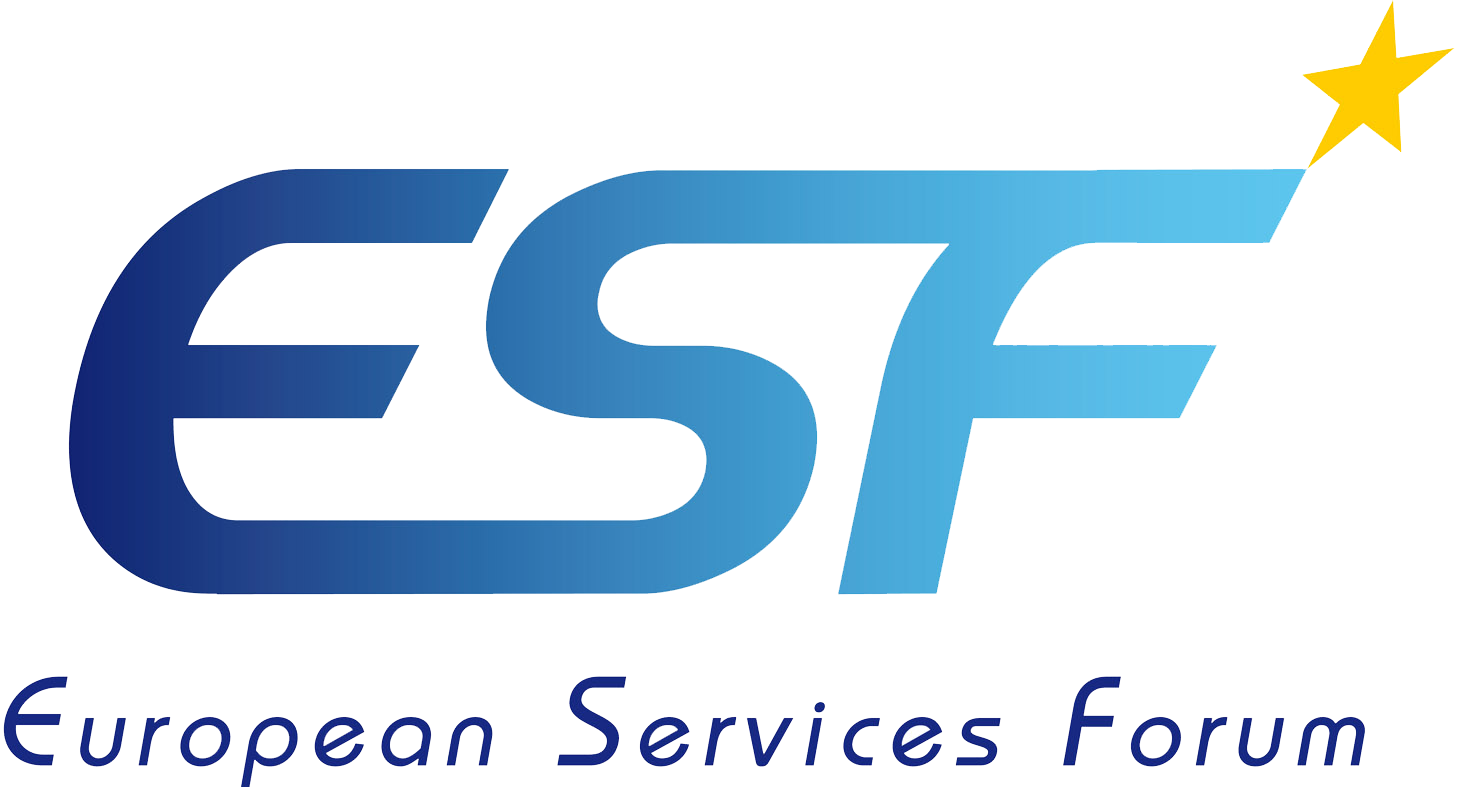EU-Georgia Deep and Comprehensive Free Trade Area
On 27 June 2014, the EU and Georgia signed an Association Agreement and it entered into force in July 2016.
The Agreement introduces a preferential trade regime – the Deep and Comprehensive Free Trade Area (DCFTA).
Georgia has been a member of the World Trade Organisation since 2000.
On 22 July 2013, the European Union and Georgia successfully concluded negotiations for a Deep and Comprehensive Free Trade Area (DCFTA), as part of the Association Agreement between them. The Association Agreement, together with the DCFTA, will provide for the close political association and economic integration of Georgia with the EU.
The comprehensive FTA, negotiated in just 17 months and seven rounds, will see Georgia gaining better access to the EU market for its goods and services. The FTA also sets a path for further reforms in trade-related policies, such as hygiene standards for agricultural products and the approximation of regulations for industrial products. This will boost access for Georgian goods to the EU market whilst also increasing consumer safety in Georgia. The Agreement is expected to boost the inflow of European direct investment to Georgia thanks to an open, stable and predictable policy-making environment.
The Deep and Comprehensive Free Trade Area (DCFTA) is part of the Association Agreement and covers trade in goods. This includes energy, services and traditional flanking measures such as rules of origin, customs and trade facilitation, together with anti-fraud provisions as well as trade defence instruments. These rules aim to ensure that trade is liberalised to the fullest extent possible but provide for necessary precautions to ensure only eligible goods qualify for preferential treatment. A bilateral dispute settlement procedure is envisaged to solve issues in an expeditious manner.
The DCFTA also tackles the ‘comprehensive’ elements of an FTA, designed for Eastern Partnership countries. These include regulatory disciplines that aim to ensure a stable and growth-oriented policy framework that will boost competitiveness. It includes competition and transparency provisions, intellectual property rights, and adaptation of domestic law with the EU acquis in the selected services areas and in public procurement.
Georgia services offer
Georgia already has a very liberal set of commitments for services in the WTO GATS, which is further extended under the DCFTA. The EU, in turn, also provides for a broad set of commitments that go significantly beyond its GATS schedule.
In addition, the mutual offers cover establishment provisions more widely, beyond the WTO GATS schedules. In this way, both sides extend their commitment to allow setting up a business in Georgia or in the EU on equal terms in a wide variety of economic sectors. These commitments are supported by so called ‘mode 4 provisions’, which include mobility of natural persons for business purposes, within clearly defined and limited timeframes, covering inter alia categories such as intra-corporate transferees or independent professionals.
For further information
- DG Trade website on trade with Georgia
- EU and Georgia conclude talks on Deep and Comprehensive Free Trade Area (Press release IP/13/721)
- Link to CIA Fact book on Georgia
